
Place-Based Territorial Intelligence
Network for Low Density Regions
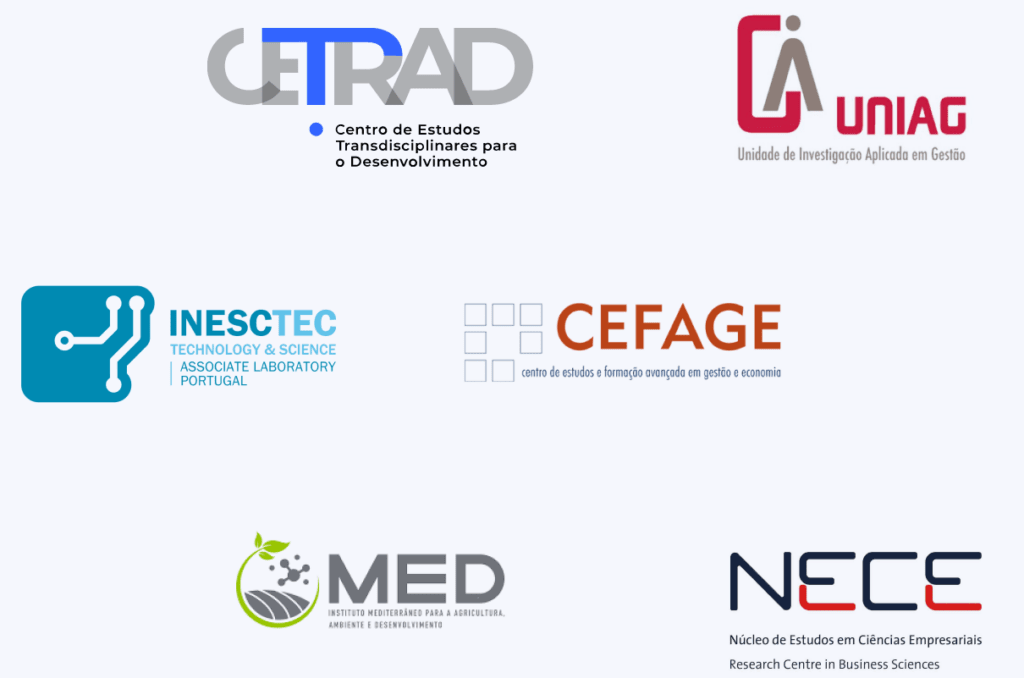
Who we are?
A multi-actor network connecting society, science and policy actors focused on developing and mapping a geography of opportunities for low-density (LOWD) regions in Portugal.
The network is led by Science (R&I units) that through an ongoing dynamic process engage society and policy actors in collective intelligence co-creation platforms based on and targeting pilot LOWD territories.
Our mission
To empower citizens, businesses, researchers, and institutions with contextualized, usable and accessible data, knowledge, and tools facilitating informed decision-making at the local level.
Strengthen social, human and intellectual capital in the places – villages, cities, regions – that are facing pervasive challenges of shrinking population, distance to decision-making centers, and economic competitiveness handicaps, currently and in the next decades.
Within the next decades the digital, climate and socio-ecological transitions will reshape the world, globally and locally, and Low-Density Regions are in critical need of strengthening the interfaces between science, society and policy to avoid becoming the losers of rolling transitions.
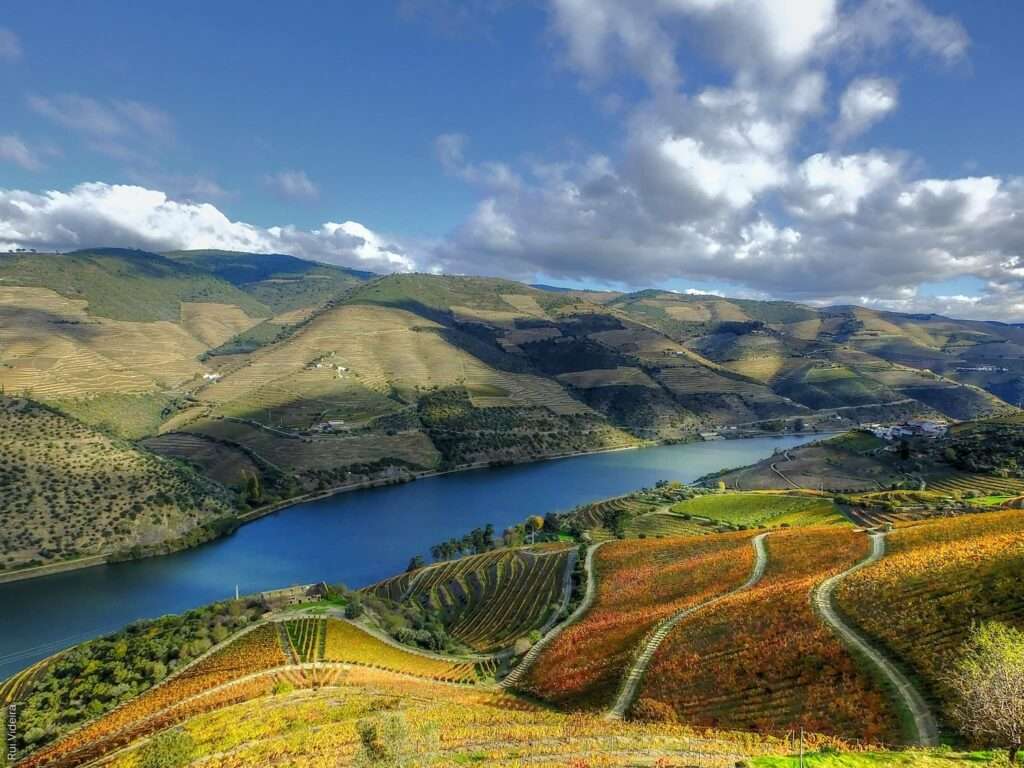
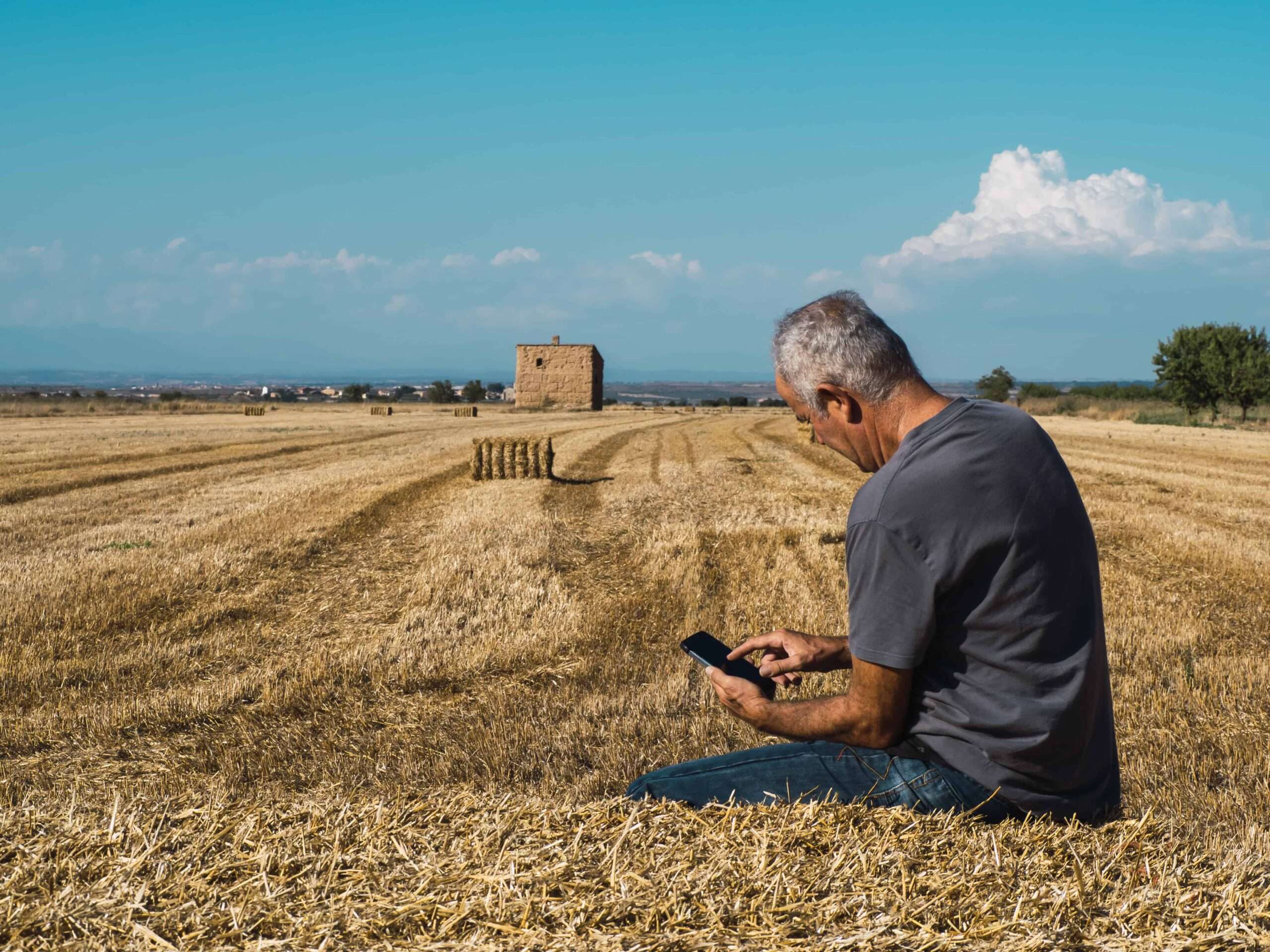
Our goals
Foster innovative and creative ecosystems anchored in intensive knowledge that make it possible to co-create place-based geography of opportunities in low-density territorial contexts.
Facilitate collaborative learning and co-innovation processes built on multi-actor platforms focused on the co-creation of locally contextualized knowledge underpinned by data and scientific evidence on global trends.
Support the conception and the implementation of place-based development policies able to incorporate and stimulate the collective intelligence of the territories and promote local wellbeing.
Our approach
A five-step roadmap led by a highly skilled multidisciplinary team
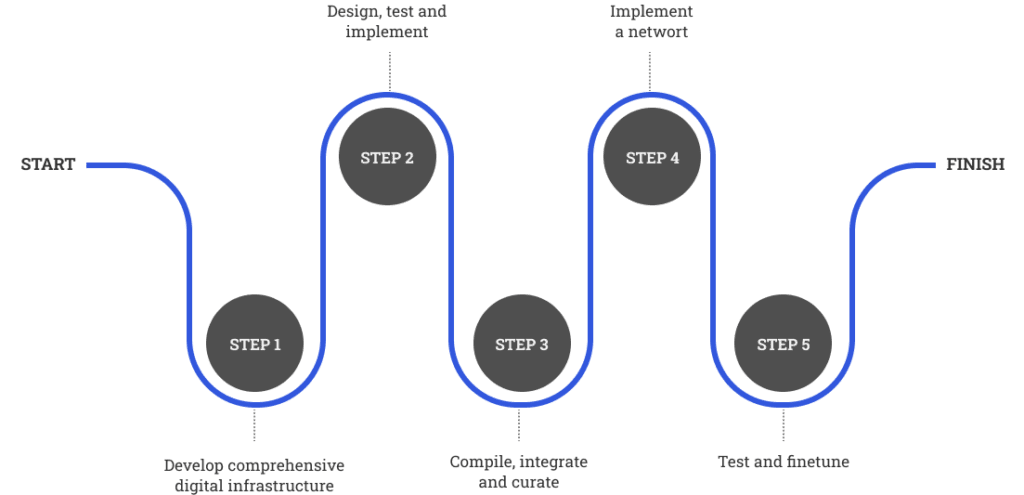
To develop comprehensive digital infrastructure, with a user interface, focusing on fostering user communities and enabling easy-to-understand data visualisation. It will empower data integration and analysis as well as methodological support for the developed models, tools and data
To select pilot territories, compiling data and information available, establishing multi-actor platforms and starting place-grounded exploratory immersive incursions to understand the key issues, local actors expectations, main conflicts, local-global interactions and SDGs trade-offs.
To design, test and implement integrative models, tools, indicators and variables for place-based standardised data collection and analysis, like territorial satellite accounts, well-being barometers, and Sustainable Development Goals – SDGs monitors.
To compile, integrate and curate core datasets maintained by the network, ensuring its reliability and compatibility for integration, also of the new datasets that will be developed and progressively integrated and shared.
To implement a network of smart living labs (SLL) in the LDR’s pilot territories covering different territorial levels. First, in regions where the Data4LowDensity network has already established a network with local actors building on years of formal and informal collaboration. Then it will expand the SSL network nationally and internationally, focusing on transnational territories across Europe building on the network and cooperation with national, European and international institutions engaged in data collection and monitoring e.g., ESPON, EUROSTAT, EUROBAROMETER, OECD.
SLL will test and finetune the digital interface aiming at improving its ability to effectively support the co-creation and co-innovation processes developed in the collaborative real-life environments; and it will convey the experimental facilities supporting the development, testing and implementation of innovative measurement models, monitoring tools and collaborative platforms, which are amongst the main Data4LowDensity activities.
CETRAD’s target pilot territories
Piloting DATA4LOWDENSITY at CETRAD
CETRAD has established partnerships to implement a Smart Living Lab in the Barroso (Alto Tâmega region), focusing on the local-global, personal and community well-being trade-offs induced by the energy transition.
Data4LowDensity at the CETRAD supported by its programmatic funding (UIDP/04011/2020) granted by national funds, through the FCT (Portuguese Foundation for Science and Technology)
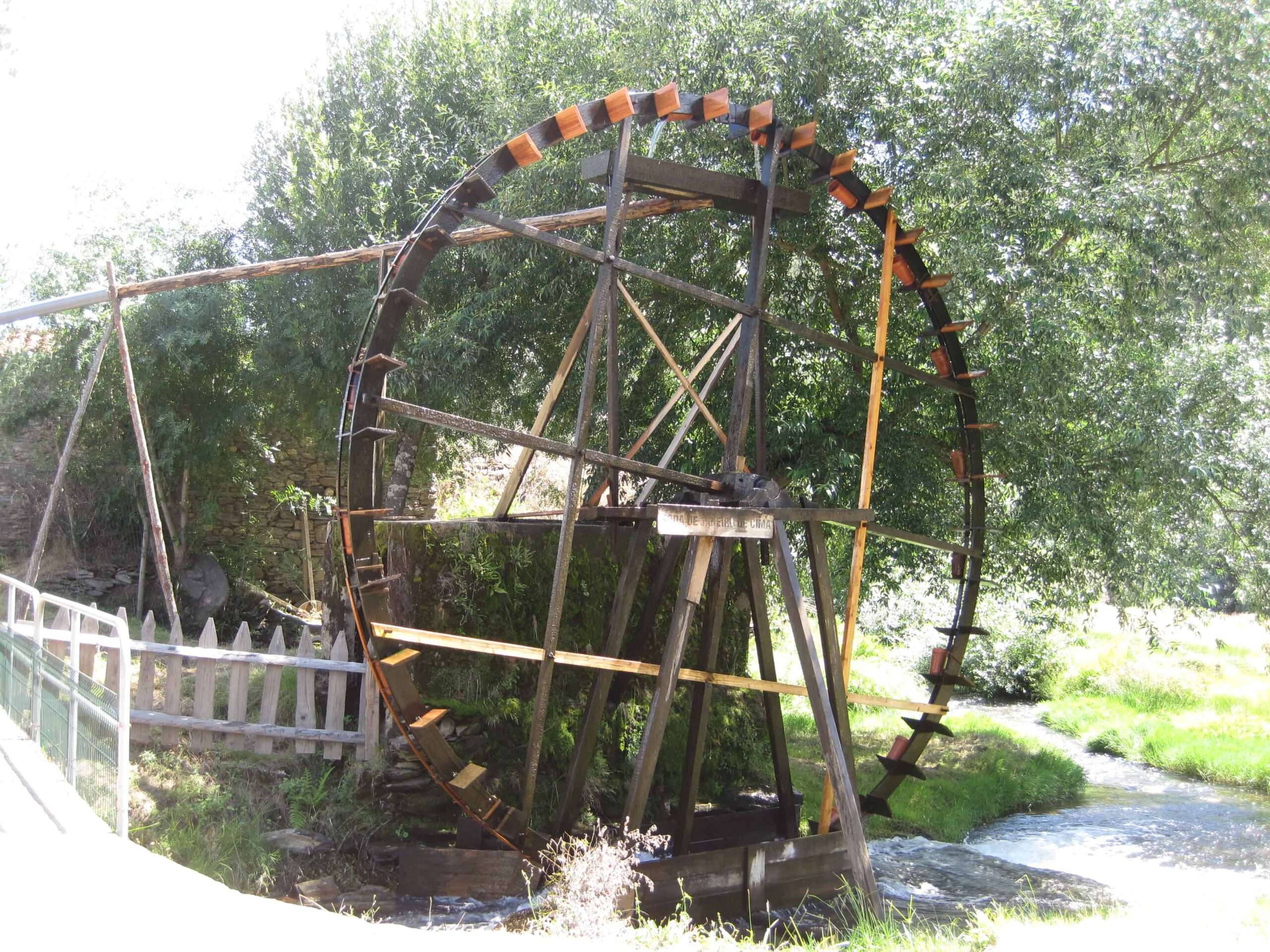

CETRAD has ongoing SSL activities in Vila Marim parish (encompassing a group of 7 villages) in the Vila Real municipality, focusing on the development of small-scale social innovation solutions to enhance the well-being of aging and shrinking rural communities, and how that could be up-scaled.
Built on the ERAMUS+ project on learning villages LEARNVIL 2020-1-ES01-KA227-ADU-096064
CETRAD has established partnerships and ongoing SSL activities in the wine region of Alto Douro Vinhateiro (Douro region) focusing on the competitiveness and sustainability of this singular Mediterranean mountainous vine & wine regional economy and the challenges placed by its agroecological transition.
Anchored on various projects including Innovine & Wine, Interact, Dourotour, Vinci Sudoe, AgriLink


CETRAD researchers are part of a multidisciplinary team that in partnership with the Côa Parque Foundation is developing the Special Program for Spatial Planning of the Côa Archaeological Park, contributing to the establishment of a regime to safeguard the archaeological heritage of the Côa Valley and to the co-conception of a sustainable development model of this low-density peripheral territory projecting globally its unique archaeological, natural, cultural and landscape heritage

